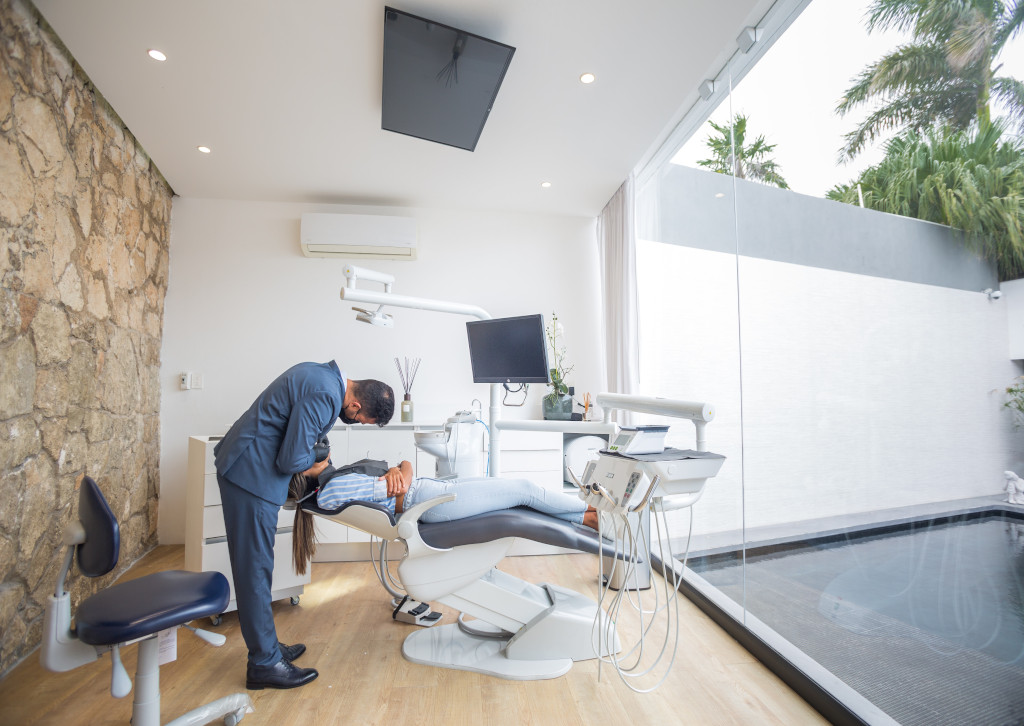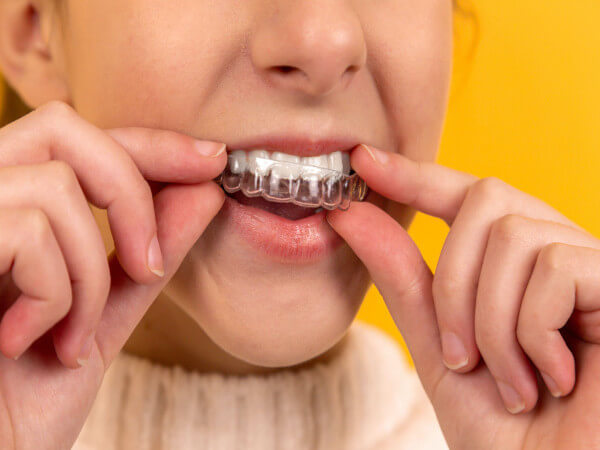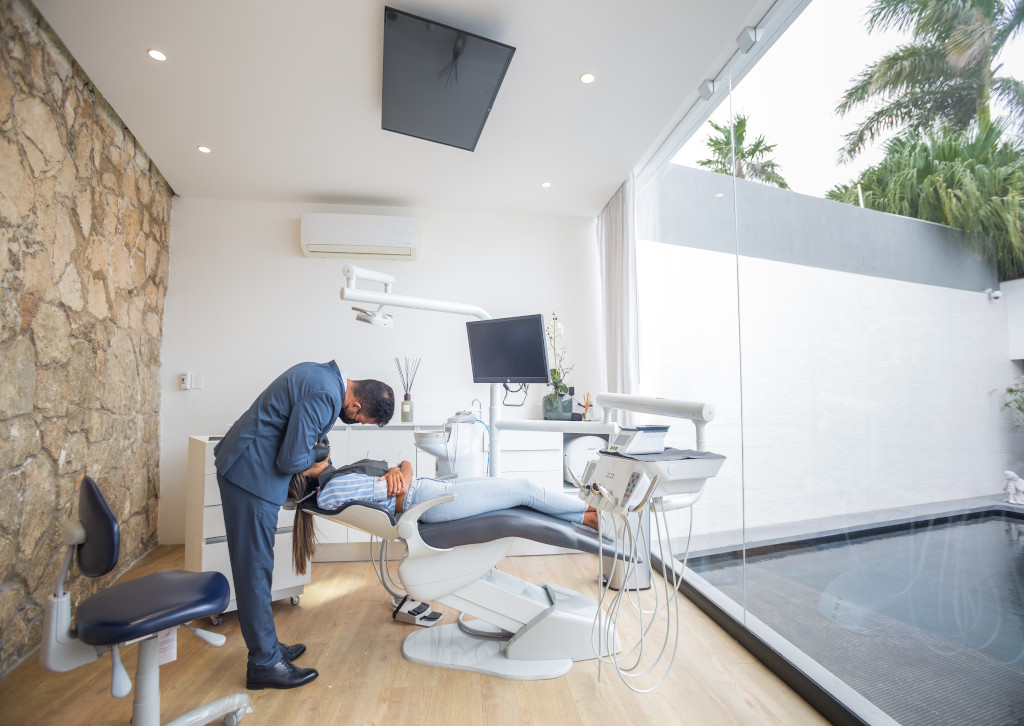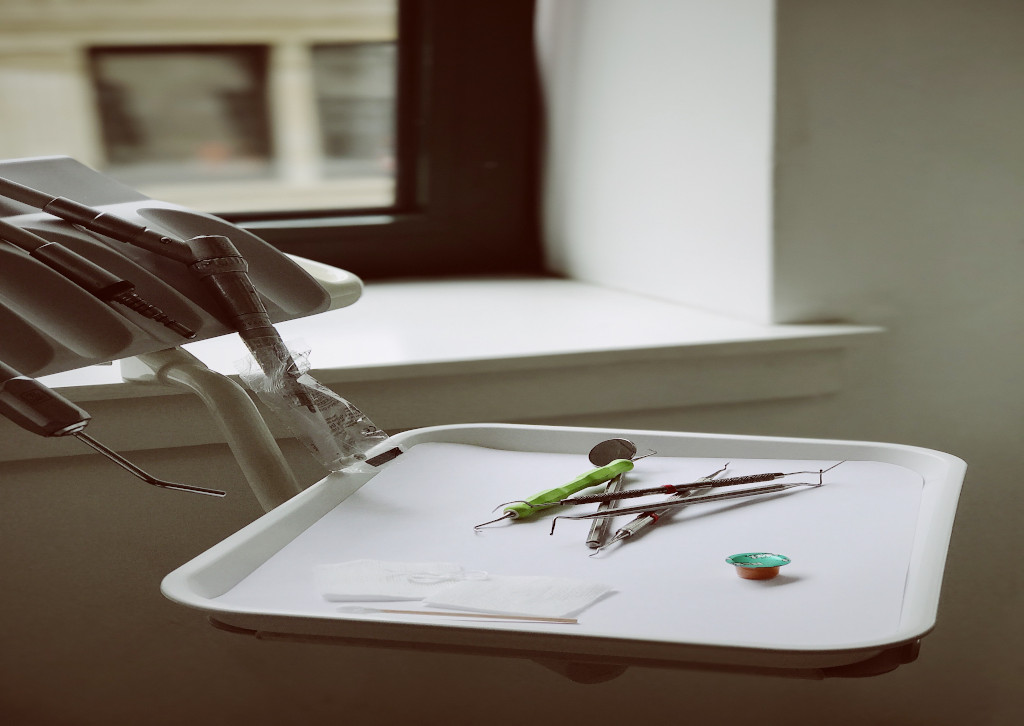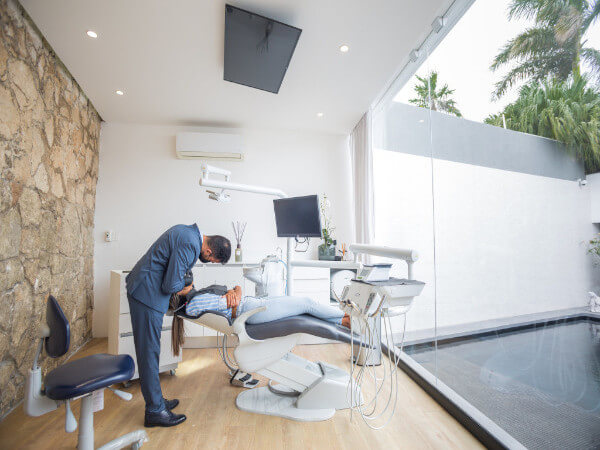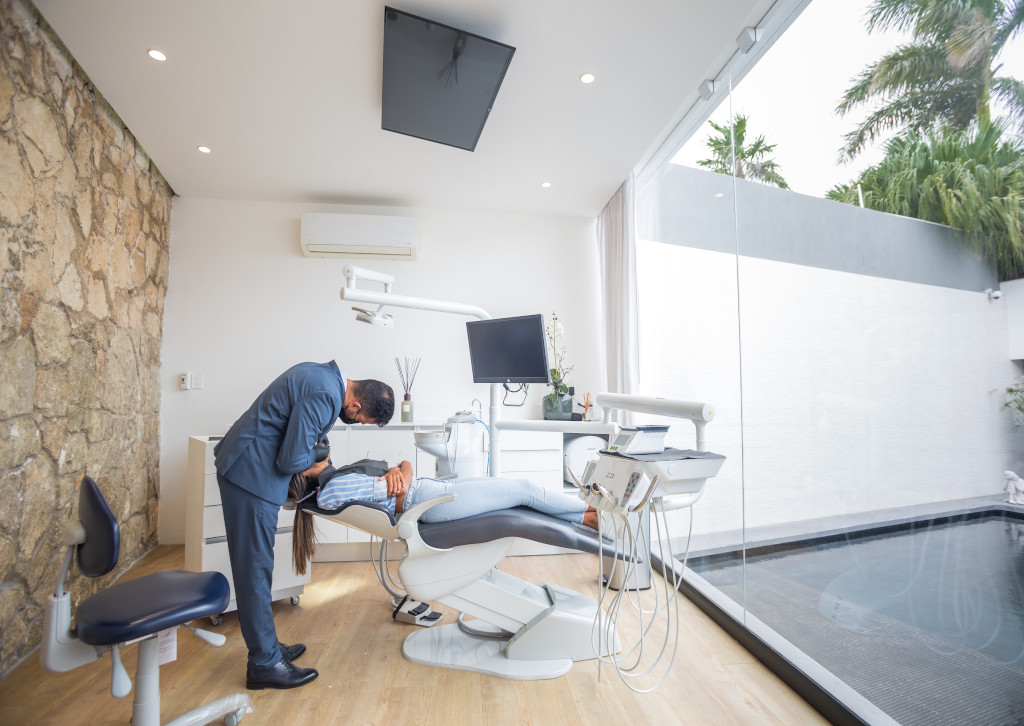
>
Today we dive into a question that has been a sensitive topic for a long time. We are talking about the dangers of fluoride and providing some advice for the best practices for parents wondering about steps to take to prevent their children from ingesting the chemical. This subject has been discussed for decades now, since the introduction of fluoride into the water supply, and its use in dental care generally, but there is more available research now than ever before, and the findings are more emphatic for it; fluoride ingestion has been shown to negatively affect the health of children, with the most worrying results being damage to the brain. With this in mind, it is clearly worth thinking about the measures you can take to reduce these risks and protect your child as early as possible. In today’s discussion, we talk about some of the steps that can be taken by parents, even before conception, and why these strategies do not have to be expensive and difficult. There is hope for changes in legislation and practice in the future, but until then these are the best ways to stay healthy and offer your children the healthiest future! Tune in to hear what you can do today!
Key Points From This Episode:
Today’s question: What are the responsibilities of parents regarding fluoride? A brief history of the research into the effects of fluoride on babies and childrenFiltration measures to take against the ingestion of fluoride in waterRealistic prevention of exposure to fluoride The main reason to avoid fluoride ingestion: brain damage The susceptibility of younger brains to the effects of fluoride Simple and affordable ways to reduce fluoride in tap water Educating yourself through the available information and research on the subjectPossible changes in regulation and what we can hope for in the future
How to Submit Your Question:
Record your question for Dr. B at speakpipe.com/askthedentist
Links Mentioned in Today’s Episode:
Ask the Dentist
About Dr. Mark Burhenne
Follow Dr. B on Instagram @askthedentist
Follow Dr. B on Twitter @askthedentist
Ask Dr. B a Question
The Broken Brain Podcast Episode with Dr. B
Fluoride in Water & Toothpaste: Uses, Dangers, and Side Effects
Fluoride Action Network
Functional Dentist Directory
The post What Are The Dangers of Fluoride Ingestion? appeared first on Ask the Dentist.


